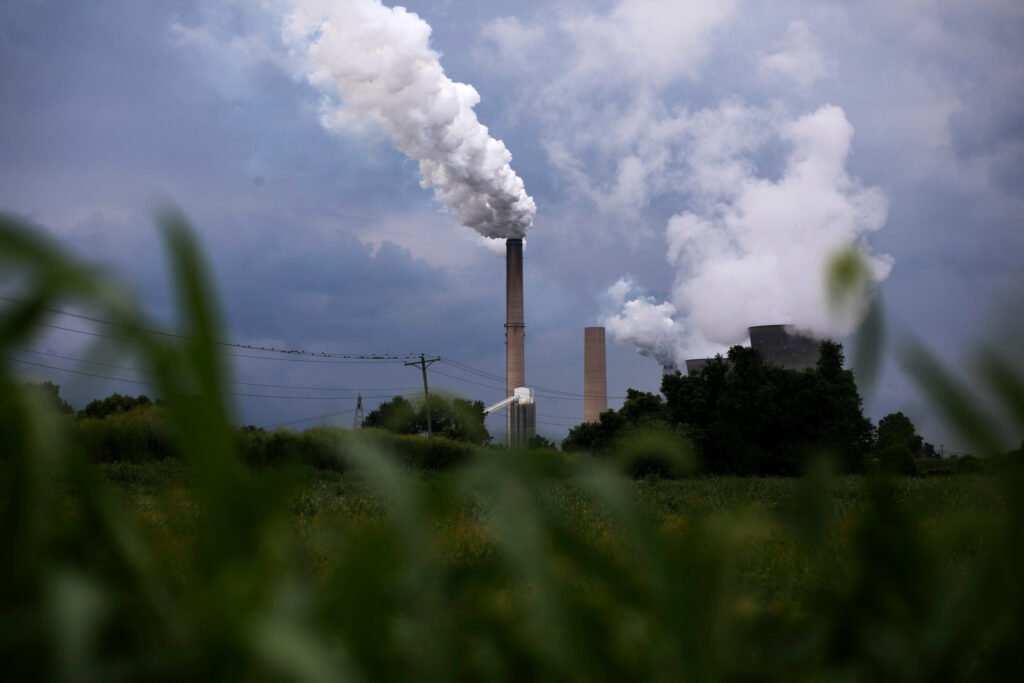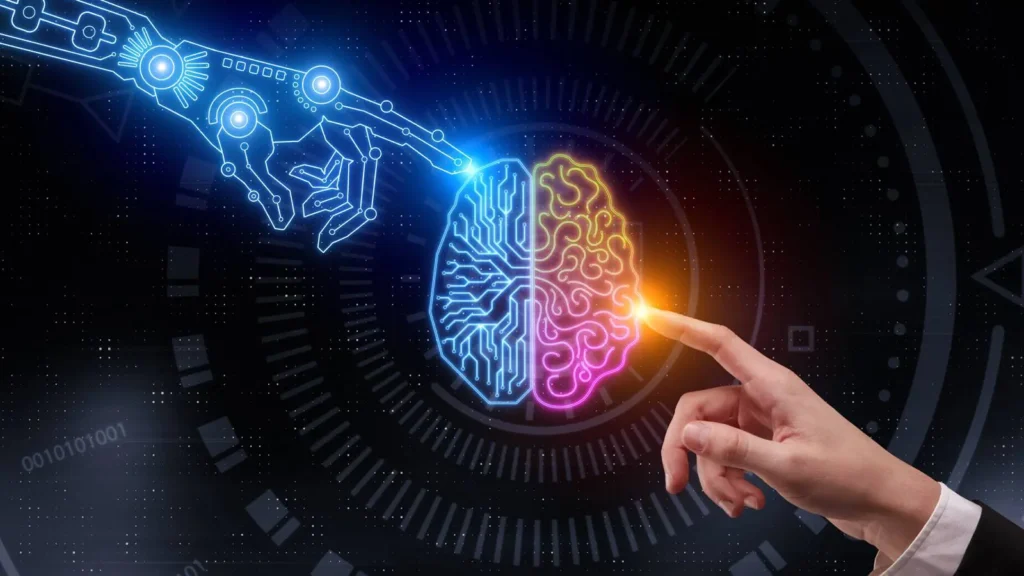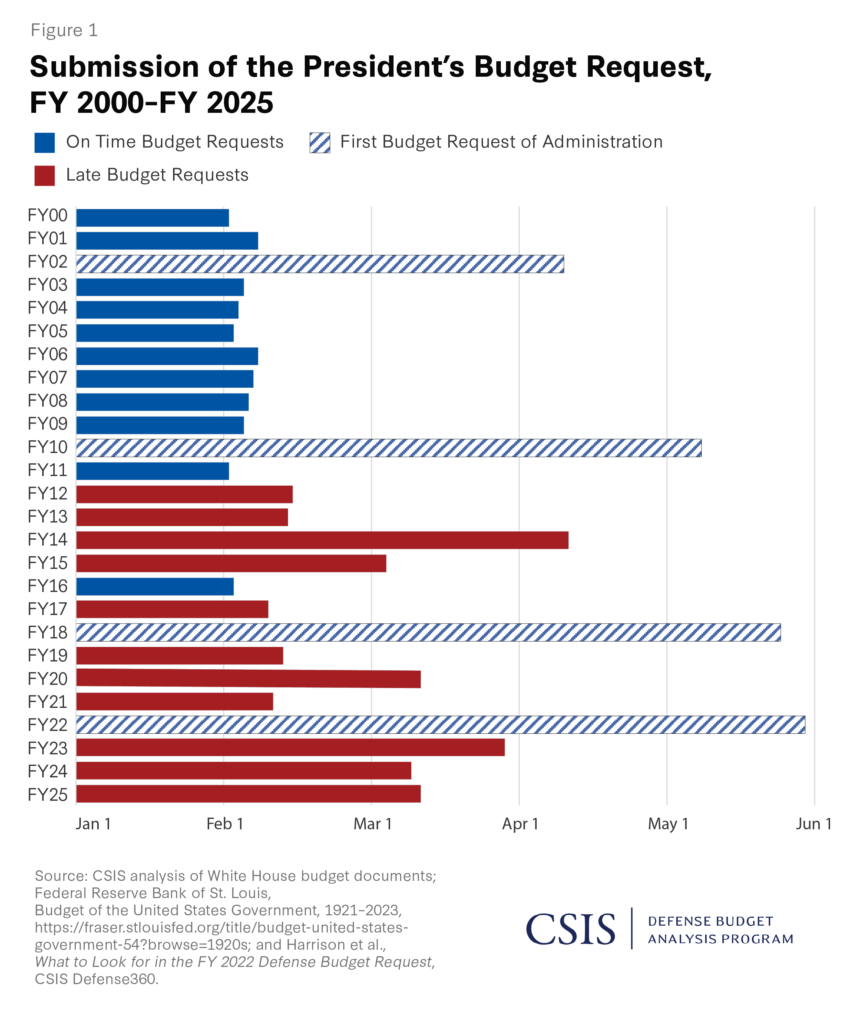Magats_Love_NHB
Let It Burn!

Since The Beginning of 2025: 13 Economic Changes by Donald Trump That Plunged The U.S. Into Chaos - EsstN
The U.S. economy has been rocked by President Donald Trump's economic controversies, which have caused tidal waves. These 13 significant changes, which range
 esstnews.com
esstnews.com
The U.S. economy has been rocked by President Donald Trump’s economic controversies, which have caused tidal waves. These 13 significant changes, which range from harsh tariffs to comprehensive tax reforms, have not only altered the present economic environment but also raised serious concerns about America’s future

President Trump levied high taxes on imports from China, Canada, and Mexico in a move reminiscent of classic mercantilist tactics. The administration had specifically set April 2 as “Liberation Day” to impose a 25% tariff on Mexican imports.
These tariffs have increased trade tensions and sparked worries about inflation and a possible recession, despite their stated goal of safeguarding domestic businesses. Economists caution that such protectionist policies might weaken America’s economic dominance by raising costs and slowing development.

There are two sides to the administration’s aggressive tax cuts, which include extensions of the 2017 Tax Cuts and Jobs Act (TCJA).
Although they offered short-term respite, the Congressional Budget Office calculated that if spending cutbacks weren’t made, prolonging these cuts would cause deficits to increase by more than $4 trillion over the course of 10 years.
Fiscal problems are further exacerbated by proposals to exempt overtime income, tips, and Social Security benefits from taxes.

Many financial monitoring and environmental regulations have been rolled back as a result of a vigorous campaign for deregulation.
Critics contend that this laissez-faire approach compromises financial stability and environmental purity, perhaps paving the way for future crises, even though firms may like the decreased red tape.

The pursuit of “American energy dominance” has resulted in policies that support the production of fossil fuels, such as increased offshore drilling and the resuscitation of coal mining.
Environmentalists protest the possibility of ecological deterioration and the marginalization of renewable energy projects, while supporters highlight the economic advantages and job creation.

The creation of a “Artificial Intelligence (AI) Action Plan” was required by an executive order in order to solidify American leadership in AI. But the focus on developing AI systems devoid of “ideological bias and engineered social agendas” has raised questions about what constitutes bias and if technology may become politicized.

The government launched a push to reduce the federal workforce, focusing on thousands of workers, especially those on probation, in partnership with tech tycoon Elon Musk.
Although presented as an effort to increase efficiency, critics warn of service interruptions and legal issues arising from worries about employee rights.

European countries are increasing their defense spending and pursuing more autonomy as the United States backs out of some international obligations.
This change raises concerns about the future of transatlantic relations and indicates a reevaluation of global alliances.

The administration is considering raising tax rates for the wealthiest Americans in order to pay for the removal of tipped wage taxes.
One proposal is to return top earners’ taxes to their pre-2018 levels, which has sparked discussions about economic justice and budgetary accountability.

Medicaid is a program that many Trump voters depend on, so proposed changes to it to fund ongoing tax cuts have generated controversy.
There are moral conundrums and political concerns associated with the possible decline in healthcare coverage for vulnerable populations.

The current scarcity of home healthcare professionals, many of whom are immigrants, could be made worse by stricter immigration laws.
Numerous elderly and disabled Americans may be denied necessary care as a result of this policy, underscoring the connection between the domestic labor market and immigration.

Small- and mid-cap stocks have underperformed as a result of the current economic uncertainty, which is being exacerbated by trade policy and inflation concerns.
Although some investors believe there may be future profits, the volatility highlights how sensitive the entire market is to changes in policy.

The complex dance of legislative negotiations has been brought to light by attempts to enact a complete measure that includes spending on important issues, debt ceiling changes, and tax cuts.
The way these conflicts turn out will have a big impact on the country’s political and economic future.

These turbulent policy shifts have negatively impacted public trust in the economy. According to surveys, people are becoming increasingly concerned about the country’s economic future, which reflects their discontent with the policies of the current administration.
The U.S. economy has undoubtedly been thrown into a state of instability by the flurry of initiatives implemented since January 2025.The combined result has been a concoction of uncertainty, market instability, and strained international ties, even as some initiatives seek to support home sectors and achieve global dominance. The legacy of these developments foreshadows a difficult future for the US.



